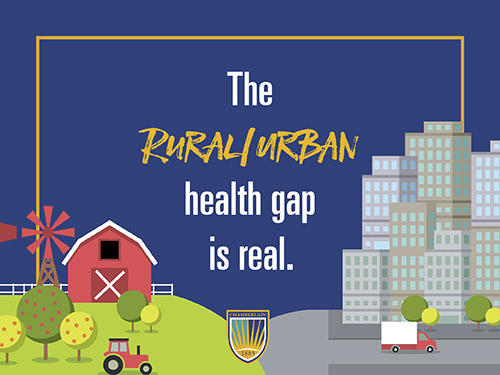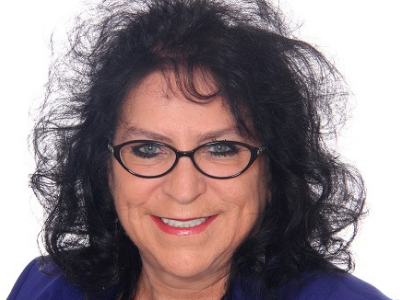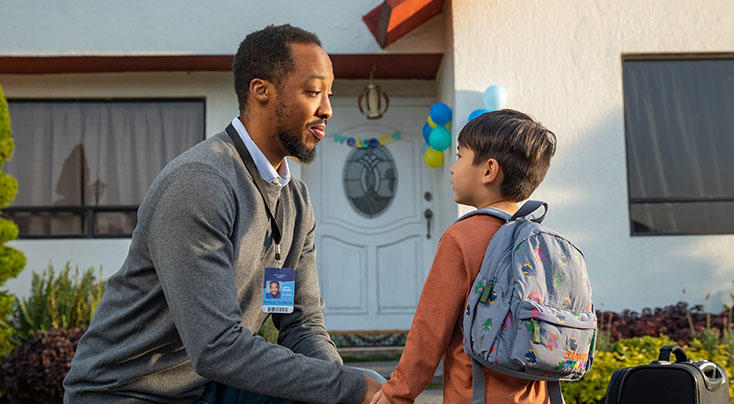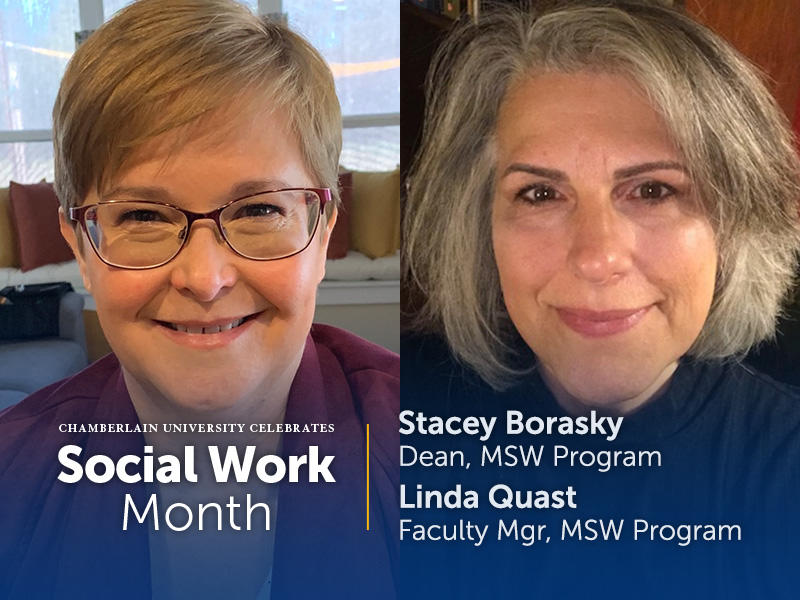Featured
Tags
Share
- Home / Blog / Health Professions / From Rural to Urban America – Bridging the Health Gap
From Rural to Urban America – Bridging the Health Gap

Q&A with Dr. Janice Unruh Davidson, Professor, Chamberlain University Graduate Programs
Interested in the differences in healthcare between rural and urban communities? From farms to cities – and everywhere in between – learn about what fueled interest and insights into influencing health equity. We sat down with Chamberlain University Master of Public Health (MPH) degree program professor, Dr. Janice Unruh Davidson, PhD, DNP, RN-BC, FNP-BC, NEA-BC, CNE, ANEF, FAANP, FNAP to learn about her passion for bridging the health gap.
Dr. Unruh Davidson, what fueled your interest in rural health?
I was heavily influenced as a child in 4-H – a youth development program – and later as a 4-H mother, so my passion for rural health emerged in the agricultural farming community of rural Kansas where I observed many challenges such as limited access to healthcare for rural families. Nearly 20 percent of our nation lives in rural communities where health provider shortages persist. Given that a disproportionate number of uninsured – and underinsured – individuals and families live in rural communities where there are persistent gaps in the public health infrastructure, access to healthcare for these populations is an alarming inequity.
Can you tell us about the work you have done related to rural health?
My work as a public health nurse began through my voluntary service in a selected health department in rural Kansas. I extended my involvement into intervening on behalf of underserved populations in Mississippi and Alabama for another decade as part of a health clinic that I founded that offered healthcare to rural underserved communities. During those years I did a lot of public health programs and further offered basic health screening and nurse practitioner intervention for individuals and families unable to otherwise access healthcare whether due to finances or geographic isolation.
What are your thoughts on how can Chamberlain University support rural health?
Chamberlain University’s culture of care—Chamberlain Care®—uniquely positions us to address social determinants of health in caring for individuals, families and communities where there is a diverse ethnic, racial and cultural base. I would love to see our university continue to support rural health through focuses in curriculum and academic offerings.
How does Chamberlain’s Master of Public Health (MPH) degree program prepare students to impact rural health?
Currently our MPH degree program requires a global health course that addresses populations with diverse ethnic, racial and cultural determinants of health. Moreover, it requires students to demonstrate attainment of MPH competencies related to cultural competence.
Given your experiences and what you’ve seen in healthcare, what is your greatest hope for rural health?
My greatest hope for addressing rural health needs is that public health professionals will exercise leadership in mitigating the social determinants of health that create multiple health inequities for our forgotten rural heartland. I am also hopeful that the building of the National Bio and Agro-defense Facility (NBAF) in the Flint Hills of Kansas, will refocus some attention on public health threats from intersections among agricultural, animal science and health science interactions.
Why do you think the topic of rural health is being highlighted during National Public Health Week?
I’m thrilled to see rural health highlighted during Public Health Week because there is a great need for public health campaigns aimed at addressing the multiple health inequities plaguing rural health in America’s heartland today. As Dr. Joseph Telfair, Immediate Past-President of the American Public Health Association says, “issues such as poverty, housing, geographic isolation and employment are more acute in rural communities and that they have an influence on health equity.”
Interested in learning how you can contribute to improving the health of communities? Explore the exciting opportunities available through Chamberlain University’s Master of Public Health degree program. Request more information here.
By Natalie Sobolewski
More from Health Professions
Request More Information
To receive the Chamberlain University Program Guide, including associated career paths, please select a program of study.







